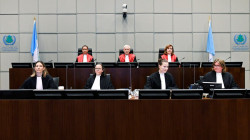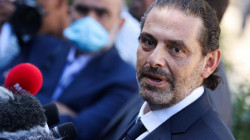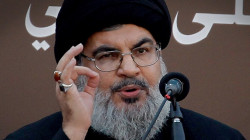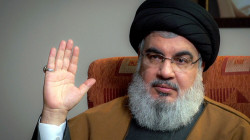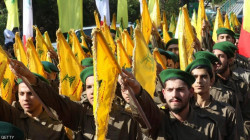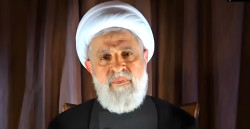Hezbollah’s Secretary-General rejects calls to disarm
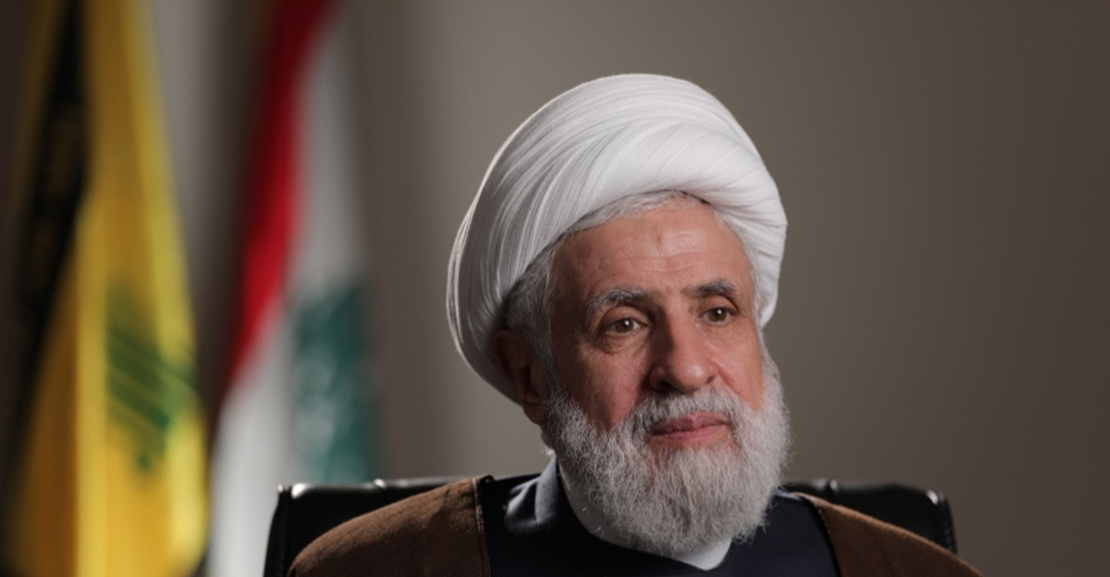
Shafaq News/ On Friday, Hezbollah Secretary-General Naim Qassem warned that disarming the group would spark internal unrest and is “non-negotiable.”
In a televised address, Qassem rejected demands for Hezbollah to surrender its weapons, saying, “The word ‘disarmament’—remove it from your dictionary.” He described such calls as products of “American guardianship” and argued that Lebanon’s core issue is “ending the Israeli occupation, not our weapons.”
Qassem revealed Hezbollah is granting diplomacy a temporary window, but warned it is not an open-ended option. “We are patiently giving diplomacy its opportunity, balancing losses and gains … but our position is not based on that; it is based on principle.”
UN Security Council Resolution 1701, adopted in 2006 and reaffirmed in a November 27, 2024 agreement, applies solely to areas south of the Litani River, according to Qassem. “The party and the state have fulfilled their obligations under resolution 1701, but Israel has not.”
He added that the Lebanese state “must fulfill its commitments regarding reconstruction,” and said Hezbollah is ready to fight alongside the army “to expel [Israel] by force.”
Qassem outlined three principles for any future national dialogue: protecting Lebanese sovereignty and liberating occupied territory, integrating resistance within a national defense strategy, and rejecting any steps that “weaken Lebanon or surrender it to the Israeli enemy.”
He also called on the United States to “respect Lebanon’s sovereignty and not overstep its boundaries.”
The Secretary-General’s remarks come amid heightened domestic debate over Hezbollah’s role in Lebanon following months of cross-border fire with Israel and rising political pressure to limit or remove the group’s arms.
While Hezbollah and the Lebanese government say they have complied with Resolution 1701, officials have repeatedly accused Israel of ongoing violations.
Hezbollah joined the conflict with Israel in October 2023 in support of Gaza. Nearly a year later, the conflict escalated into full-scale war, in which Israeli strikes killed thousands of civilians and leveled homes, schools, and infrastructure, displacing nearly 1.5 million people.
A ceasefire agreement was reached on November 27, 2024, yet Israel continued launching airstrikes across Lebanon. Lebanese authorities say Israel has committed 2,740 violations since the ceasefire took effect, resulting in the deaths of at least 180 people. Officials have described the strikes—many targeting residential areas—as breaches of United Nations Security Council Resolution 1701.
